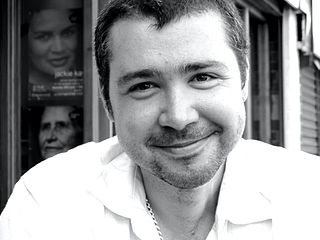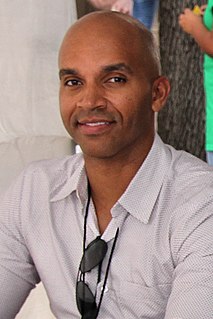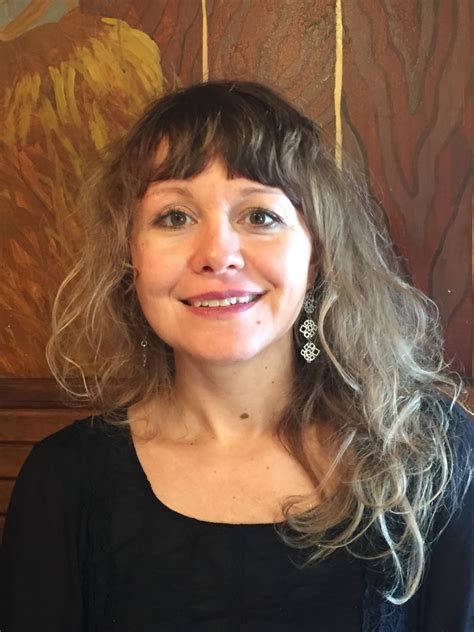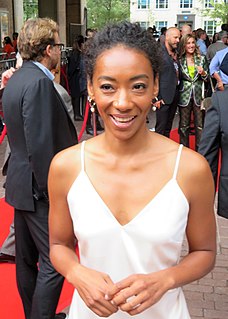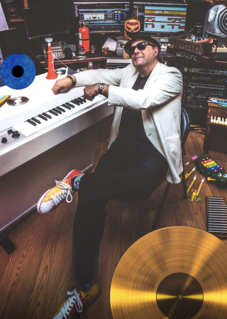A Quote by Joyce Carol Oates
I write in longhand and assemble lots of notes, and then I try to collate them into a coherent chronology. It's like groping along in the dark. I like writing and find it challenging, but I don't find it easy.
Related Quotes
I just chuck a bunch of words down and whether they find themselves into a song... I have lots of weird notes on my phone. I often come up with a phrase that I really like, I write it down and it stays in my notes folder, and when I'm writing I will scroll through and see if it kind of fits and if I can mould a verse around it.
With non-fiction writing I feel like I'm confined and driven by what actually happened. That makes the "plot". So it's a process of getting all of my notes typed up, then scanning through the notes, trying to extract or find certain vignettes that seem like they might write well - that might have a potential for good energy, shape, etc. And then at some point I start stringing these together, keeping an eye on the word count.
Much of the message that I try to put across to students is that they have to figure out what they really like to do and find a way to do that as an adult for their jobs. A lot of people have jobs they don't like, and it makes for very unhappy people. So I tell them if you like to write, or run around, or dig in the dirt, then find a job that will allow you to do that, and you'll be happy.
When I'm writing a script, before I can write dialogue or anything, I have two or three hundred pages of notes, which takes me a year. So, it's not like "what happens next." I've got things that I'm thinking about but I don't settle on them. And if I try to write dialogue before then, I can't. It's just garbage.
I don't struggle to forgive people. I find it quite easy to forgive people for the harms that they have inflicted on me. What I do find challenging is to forgive people for the harms they inflict on my daughters and family. So, I find it challenging when I see somebody else experience hurt. I also look at my children and family and then I realize, I don't stand inside their skin and that is for me a forgiveness practice I still need to engage in.
Curiously, the balance seems to come when writing is woven into every aspect of my life, like eating or exercising - one flows constantly into the next: I'll wake up and have coffee, read the news, then write a letter or two (always in longhand), then go teach, and after teaching write a bit in a journal - dreams, what I had for breakfast and lunch and why I had it, what's on the iPod, sexual habits, etc. - then read a bit, then work on a real bit of writing...you get the idea.
I don't know if make a conscious effort to vary the characters and subjects that I write about, but I do find myself keeping track of ideas that come along, as probably most writers do, and whatever seems most interesting to me when I flip through my notes before I begin a new story is usually what I will try to write about next.
It's getting harder to make decisions to work for the sake of working. Like everybody, I'm trying to find things that are extremely challenging or mean something to me deeply. Sometimes something like The Tourist comes up and it's just fun, but it's not as easy to find projects that I have to do. I have to be home and I have to do other things, but I don't have to work as much.
I find the horror genre quite challenging. That's not to say everything I've done has been straight horror - a lot of them have been more on the thriller side. But regardless, I find it the most challenging as an actor to create sheer anxiety and terror out of nowhere because there's nothing scary going on and you have to act like it is.
If you spend enough time reading or writing, you find a voice, but you also find certain tastes. You find certain writers who when they write, it makes your own brain voice like a tuning fork, and you just resonate with them. And when that happens, reading those writers ... becomes a source of unbelievable joy. It’s like eating candy for the soul. And I sometimes have a hard time understanding how people who don’t have that in their lives make it through the day.
Novel-writing is a highly skilled and laborious trade. One does not just sit behind a screen jotting down other people's conversation. One has for one's raw material every single thing one has ever seen or heard or felt, and one has to go over that vast, smoldering rubbish-heap of experience, half stifled by fumes and dust, scraping and delving until one finds a few discarded valuables. Then one has to assemble these tarnished and dented fragments, polish them, set them in order, and try to make a coherent and significant arrangement of them.
Advice? Focus on the craft. Study the greats. Try and understand how and why they made the writing choices they did. Then, start by copying them...just as an exercise. See if you can do similar things. Learn how to write a song like so and so. Then, when you've done that, write a song like yourself. Learn to color within the lines before going outside them.



